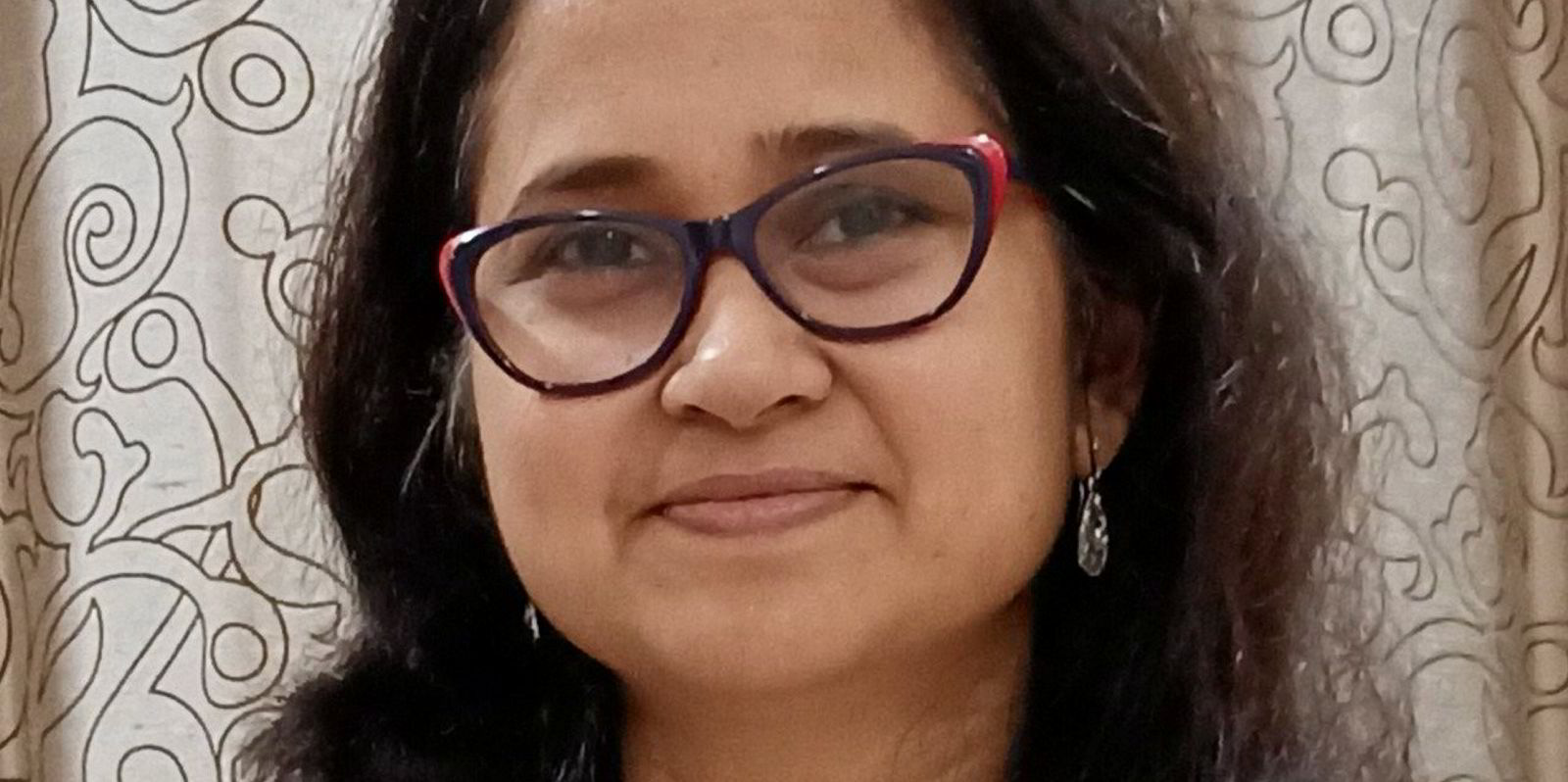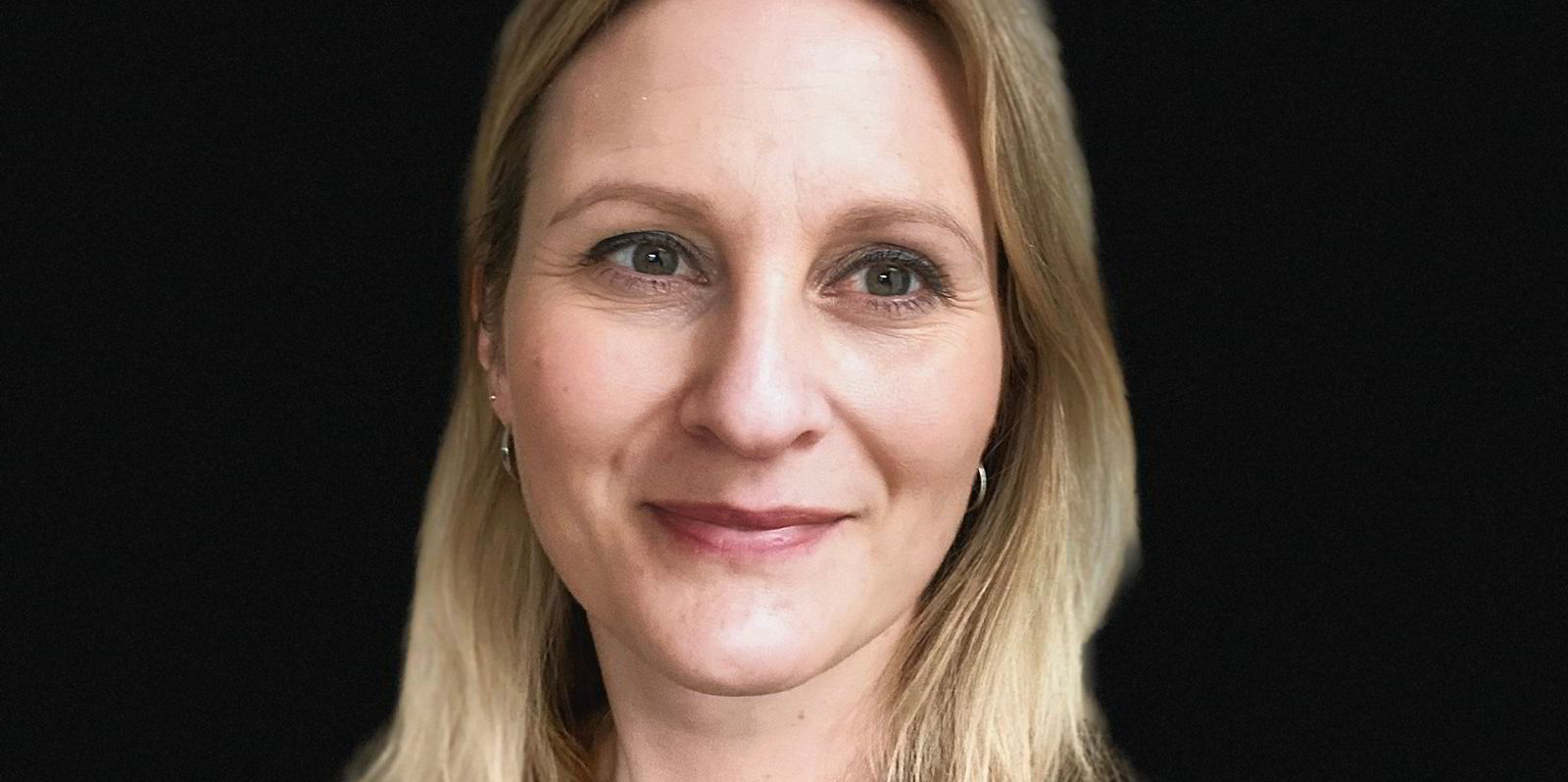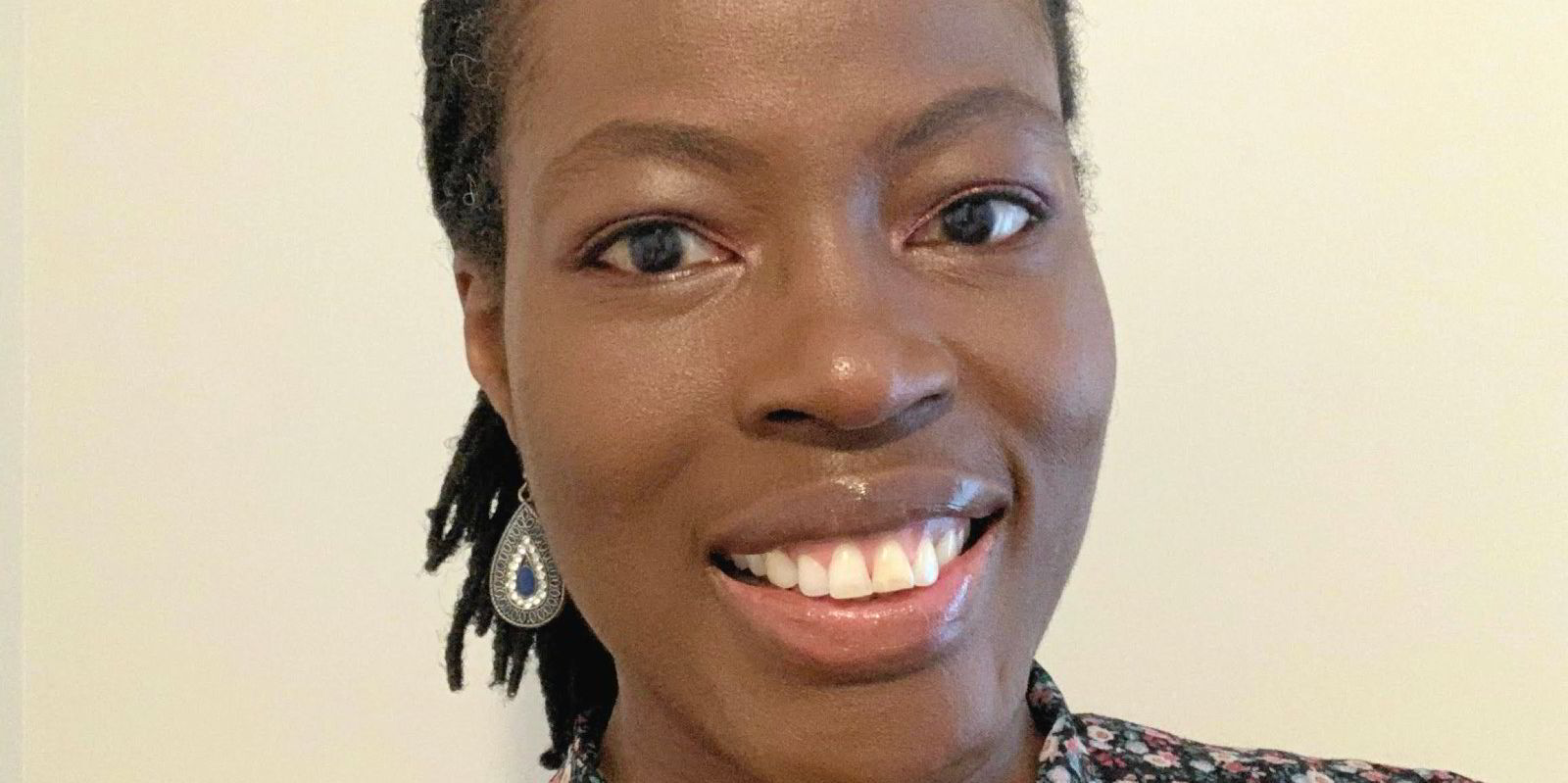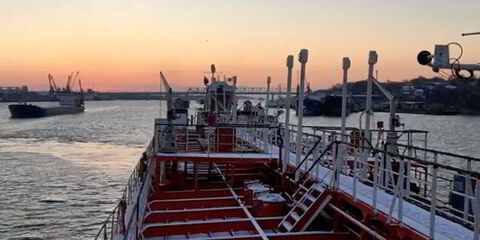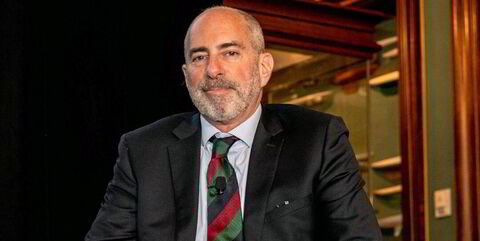Sharvani Mishra was on her second sailing as a cadet two decades ago when the unthinkable happened.
She already knew that women were unwelcome in maritime because India’s Tolani Maritime Institute had to beg shipowners to hire her after she earned a marine engineer degree with honours in 2002.
“That was when we realised how difficult it is for women seafarers to be placed on a boat,” Mishra told TradeWinds.
But it was not until that one day at sea while working on a cargo vessel that she experienced the plight of women on ships that are often thousands of nautical miles offshore.
“In just the second sailing, I met a very terrible incident on board,” Mishra said.
One of the men on the ship had been following her for some time, and then he attacked. The seafarer confronted her with a knife in her cabin but was unsuccessful in carrying out what she believed was most likely a planned sexual assault. “He couldn’t accomplish what he had come in for,” she recalled.
The intrusion frightened her terribly nonetheless, but what ensued was worse.
“The company signed off the gentleman from the ship, but the company also made sure that they didn't take me back after I completed that sailing,” she said. “In fact, they had a policy that they didn’t want to take back any girls.”
She worked as an engineer on a tanker until 2007, when she took a shore job while earning a master’s degree in business administration.
Losing jobs
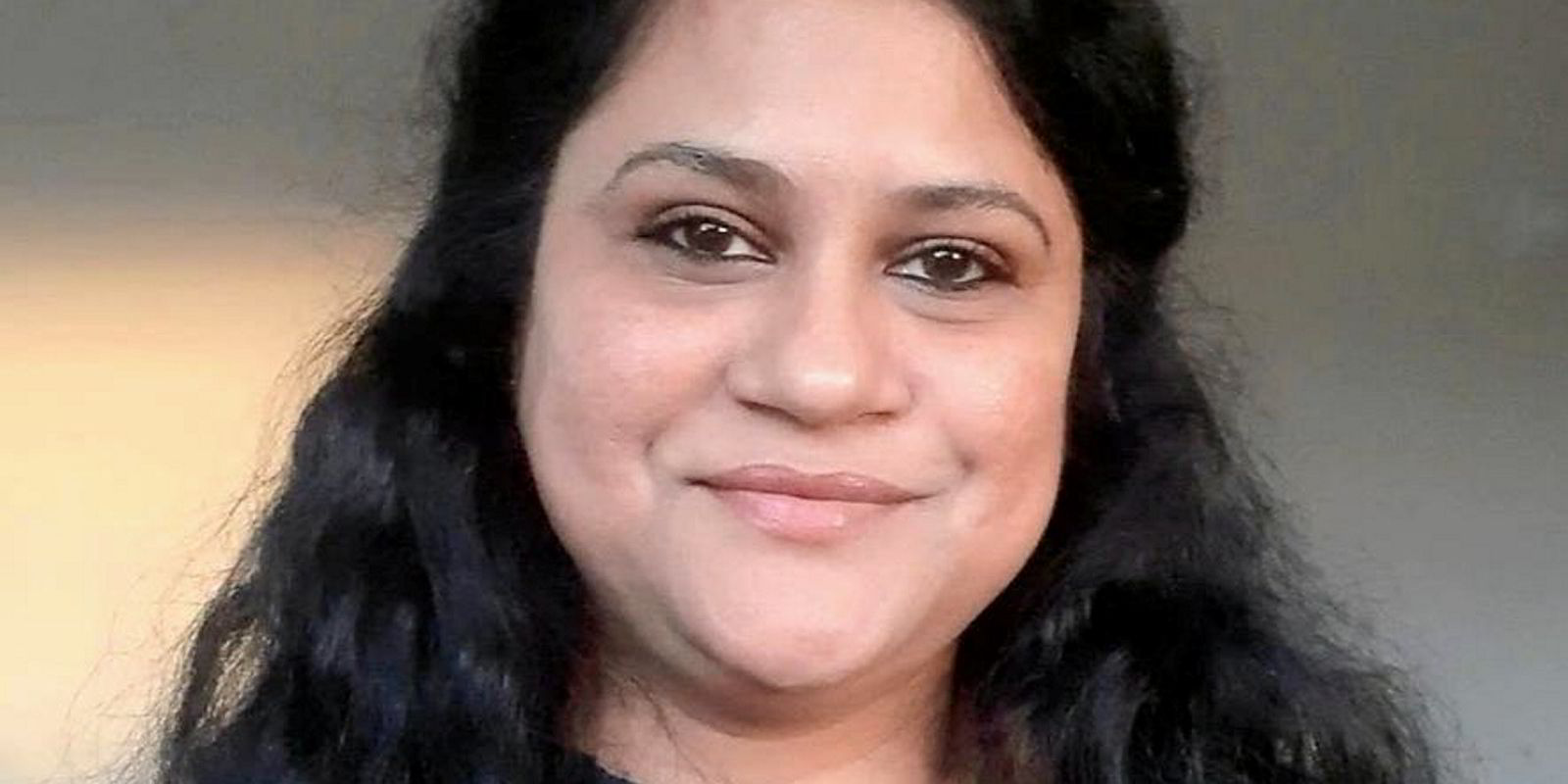
Working onshore in ship management and chartering in 2016, Mishra discovered the communications platform WhatsApp as a way to network with female seafarers.
She did not know at the time that she had planted the seed for the International Women Seafarers Foundation (IWSF), a non-profit advocacy group with almost 500 members.
“Within just a month or two of making the group, we started seeing posts about harassment on board, about girls thrown away from the jobs, that they’re losing jobs,” she said.
“While they were the victims on board, they were really not comforted when they came back to the office.
“More often than not, top management were the ones who were able to get a free hand on a woman seafarer on board. That was very concerning for us.”
■ Sharvani Mishra, the first female engineer to sail on an India-flag ship, was one of only two female cadets from Tolani Maritime Institute in 2002. Her skills include ship management and chartering. She is an active member of the International Association of Maritime Economists and Institute of Marine Engineers.
■ Suneeti Bala began her career at Chevron Shipping and became India’s first chief engineer. She later took a shoreside job, joining the Indian Register of Shipping’s Mumbai station as the first female field surveyor. She is a marine manager for Maersk Line.
■ Radhika Menon, India’s first female master, has worked for Shipping Corp of India for three decades. She also serves on the executive committee of the Maritime Union of India and was vice president for two terms. She is the first woman to receive the National Maritime Day Celebrations Gallantry at Sea Award, given in 2016 by India’s directorate general of shipping. She also won the IMO Award for Exceptional Bravery at Sea in 2016 for rescuing seven fishermen in stormy weather in the Bay of Bengal.
The following year, Mishra co-founded the IWSF to advocate for women seafarers’ rights with Radhika Menon, who is India’s first female master, and engineer Suneeti Bala.
“We went up to the level of challenging the company, going after the director of shipping and making sure the companies which are operating in India are following the rules of the land and that they give their statements and their decisions within three months,” Mishra said.
“That gave us a taste of what can be achieved if we work together.”
The IWSF works with other organisations, such as the Maritime Union of India, the International Maritime Organization and Women’s International Shipping & Trading Association.
Policy guidelines
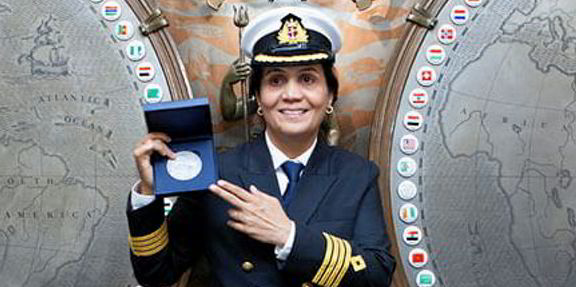
The foundation handles about 10 sexual-harassment cases a year involving female crew.
The women often lose their jobs for speaking up, but the IWSF can help them find other seafaring positions.
“IWSF worked with the director general of shipping of India to bring out the first policy guidelines for hiring women seafarers,” Mishra said.
Its mission has two components: to help women land jobs in maritime; and to make sure they are treated fairly and with respect while at sea.
“What IWSF does is it lines us up with the companies and speaks for the women seafarers,” she said. “We try to conduct webinars to make sure that women who are joining shipping are aware of what to expect on board.”
Bala said the IWSF is also working to get better benefits for female seafarers, such as medical leave, while trying to bring more women into maritime, which is 98% men.
“When more women get on board, a lot of the problems will resolve themselves because the men will get used to having women on board,” she said.
The IWSF works with shipping companies to help them resolve sexual-harassment incidents in ways that are simple but effective, Mishra said.
“Companies are actually reaching out to IWSF to ask them how to handle situations. Most of the companies don’t want to go to the extent of involving a lawyer.”
